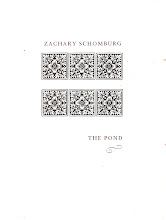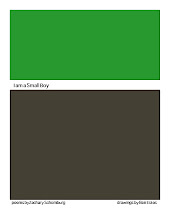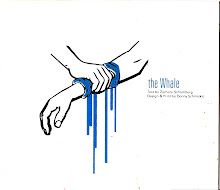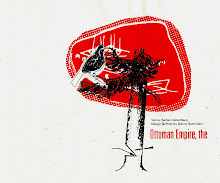I've always hedged on my opinion regarding online music sharing, but last night, Chuck D helped me shape it. He talked about Hip-Hop, and music more generally (citing the Chiara String Quartet who played before he came on stage), as an entity that brought people together, whereas Governments and Big Business, essentially, are entities that keep people apart (think borders, currencies, and two party systems). He talked about how you have to be on top of technology and not allow technology to be on top of you. Selling albums and collecting the dough for it is, or will be soon, an old money system. It can't co-exist too successfully with the new technology (and those who think change is bad and want to hold on tight to old systems have always been burned by that stubbornness). So the new technology levels out the playing field. There are more artists, which is not at all a bad thing--there is more access to all those artists. With legal file sharing, Napster-esque sites, You-Tube, Face-book, no one makes a killing and big money does not determine who our idols are. Now, big money machines like MTV, BET, Top40 and Big Music labels determine who are idols are by brain washing us and keeping their new idol untouchable and separate from the population, like some cartoon of the actual person. Chuck D made references to hip-hop's humble beginnings through blues, jazz, gospel and the connection those genres have through music that slaves would use to communicate with one another: their sorrow, their jubilation. Music was produced by the slaves, the folk, not the slave-owners for the slaves to use. It brought the folk together, whereas now big business divides. The slave-owner makes the music. Have you ever met/touched your MTV heroes? When artists make a Living, instead of a Killing, as Chuck put it, they go out to the people. They play for the people. They stand in line at McDonalds with the people. They change their own tires while the people get out and help them. This concept looks more like pre-big business music when Glen Miller played Norfolk, NE, 5 times a year or when you could stumble into clubs any night of the week in New Orleans, Memphis, St. Louis and Chicago like you were stumbling into the homes of your favorite blues musician. File sharing then makes it only about the love for the music. It becomes an art again. It becomes a way to communicate. Its like poetry is now. I don't send poems to Typo Mag for bigger rims, but if I want to make any money off poetry, I have to drive the corolla to the people and read poems from a book until my heart falls out so people will want to put $10 in my pocket. And I have to get a job.
When you make a Living, you do it within a community of other artists, you play for each other and you play for the people, but when you make a Killing, you separate yourself. You're an individual. You have 'who sold more records' contests. You're Kanye vs 50 cent. There's absolutely nothing wrong with making a Killing, but ideally, making music wouldn't be one of the ways to do it.
Thursday, September 13, 2007
Subscribe to:
Post Comments (Atom)













4 comments:
WHAT!?
where!?!
DAMMMMITTT!!
awesome post, and awesome talk. thanks.
GREAT summary. i think i sent a link to this entry to a bunch of friends.
Though I agree w/you & Chuck D. that the monopolizing practices of the majors are threatened by filesharing, I think it's important to note that the channels through which we share those files are owned by the same corporations that determine the amount & kind of information we receive, if not exchange. So the corporation that owns MySpace is the same one that actively stymies protest of our President (they even cut Sally Field!) in all available media. YouTube is owned by a corporation whose aim is explicitly to singlehandedly organize all of the information on the internet, implicitly, I think, in their own image.
If it wasn't always slave-owners that produced the music, made the sounds themselves, it has always been the slave-owners whose industry standards determine the recording, manufacturing, & availability of the recorded objects. So, ultimately, as much as ever, the only aspect over which they might have no control is that of live performance.
Unless, as in the case of Dischord Records (to choose one of several examples) one sets out to create one's own community & resultant economy. As far as I can tell, this remains the only efficacious solution.
Post a Comment